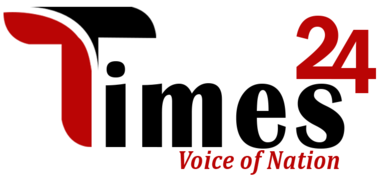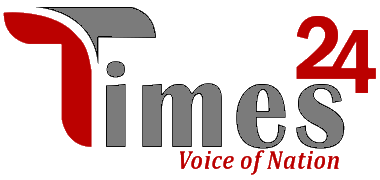The medium revolution in Asian nation is AN unequalled success story. From a tele-density of twenty-two in 1995 to twelve-tone system in 2005 to over ninetieth in 2020, things have return an extended means. Asian nation these days has over five hundred million active web users, UN agency consume the very best volume of information within the world (average of 25GB per month) and pay rock bottom rates within the world (average worth of $0.30 per GB vs $8 within the US). This large rise within the use of the mobile web helped lay the muse for several businesses, besides delivering governance with efficiency.
With fast consumption, Asian nation has become a remunerative marketplace for B2C school firms, that thrive on a growing reliance on their platforms. however this additionally means Asian nation desperately desires AN evolved regulative framework that empowers the patron to use this digital transformation while not being prone to knowledge security threats.
So far, India’s approach to client direction is inconsistent at the best and depends on whether or not the arena encompasses a regulator overseeing it. For sectors that have regulators — TRAI for telecom; SEBI for stock markets; tally for banking — the govt has managed to confirm larger transparency in protective the interests of the patron. those who don’t have regulators usually fall inside the orbit of the Central client Protection Authority (CCPA) wherever the scope of the problem gets affected to financial transactions. As a result, there’s no mechanism to redress problems like losing privacy, as critical losing cash.
India’s client web is dominated by yank huge school. This has implications for freedom of expression as a result of its content rules and broader policy determinations can verify our on-line public squares. continual offences on knowledge breaches and sharing of information between platforms are unheeded — within the absence of a regulator.
India has conventionally resorted to broad trade and market restrictions — like block — instead of nuanced regulation of the digital area. in a very digitally integrated world, economic process of concepts and knowledge has helped economies realize novel ways that to power growth and inclusion. Denying digital access to bound services be it through app bans or web shutdowns, is AN act of digital de-globalisation.
The Supreme Court, in 2019, acknowledged that web access is integral to the correct to freedom of speech and expression whereas adding that any restriction on web access should pass the check of quotient, and prompt the evolution of a rules-based mechanism to control the web. In 2020 alone, Asian nation lost $2.8 billion because of web shutdowns, concerning three-quarters of the $4 billion lost worldwide because of web curbs. Section 69A of the knowledge Technology Act, which provides the govt the availability to dam public access to specific webpages, websites and mobile applications, has been used extensively, and infrequently while not answerableness. because the government evolves its policies to empower a digital Asian nation, a comprehensive national security law must be brought in, that thrives on compliance instead of bans as a regulation mechanism. the private knowledge Protection Bill encompasses a smart approach on the patron aspect whereby the stress is on providing additional management and transparency to customers, facultative them to become “owners” of their data. There, however, remains issues, together with the extent of autonomy of the projected knowledge Protection Authority that is meant to be the regulator beneath the Bill.
One way to empower customers is by making mechanisms to confirm inter-operability, by creating it easier to modify services from one platform to a different. In telecom, ability is enforced. However, within the web area, and additional conspicuously within the app area, customers don’t have this selection. individuals eager to exit Facebook or WhatsApp cannot do therefore while not relinquishing knowledge, history, contacts. The journey towards a Digital Asian nation is appreciated and a good mechanical device for growth. a robust ANd consistent governance framework beside a digitally authorized Indian client are a good step in building an Atmanirbhar Bharat.
Lloyd Mathias is AN early-stage capitalist and a business strategistThe views expressed ar personal





